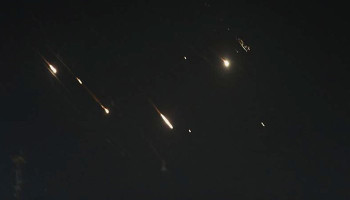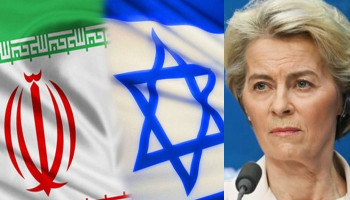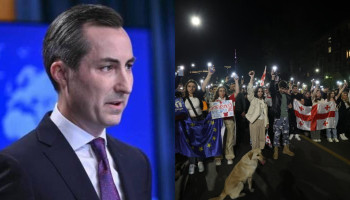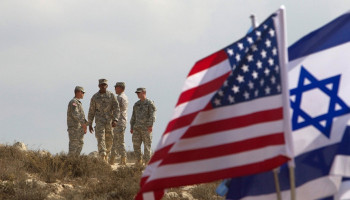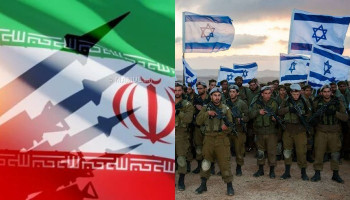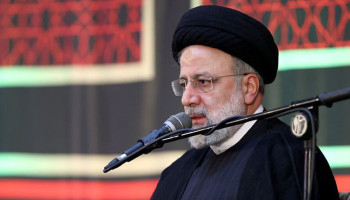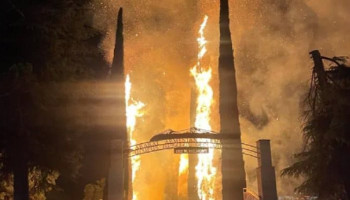Statement on the Mass Violation of Human Rights in the Republic of Armenia
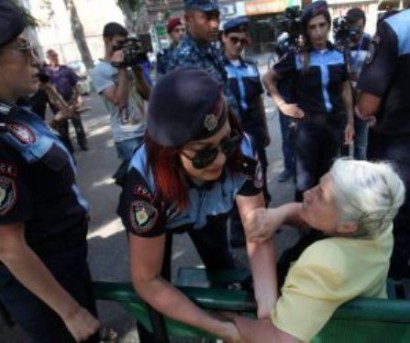 TO: Vladimir Shkolnikov, Senior Human Rights Advisor for South Caucasus, UN OHCHR Juan Mendez, UN OHCHR Special Rapporteur on Torture Maina Kiai, UN OHCHR Special Rapporteur on Freedom of Assembly and Association Michel Forst, UN OHCHR Special Rapporteur on Human Rights Defenders Thorbjorn Jagland, Secretary General, Council of Europe Nils Muiznieks, CoE Commissioner for Human Rights Mikola Gnatovskyy, President, European Committee on the Prevention of Torture and Inhuman or Degrading Treatment or Punishment Frank Walter Steinmeier, Chairperson, OSCE Michel Georg Link, Director, OSCE/ODIHR Giorgi Gogia, Senior Researcher, Europe and Central Asia Division, Human Rights Watch Salil Shetty, Secretary General, Amnesty International Bjorn Engesland, Secretary General, Norwegian Helsinki Committee Philipp Woschitz, EU Advocacy Officer, Frontline Defenders Maria Dahle, Executive Director, Human Rights House Foundation STATEMENT On the Mass Violation of Human Rights in the Republic of Armenia On July 17 2016 an armed group of 31 people called “Sasna Tsrer” attacked the Patrol-Guard Service Regiment of RA Police located in Erebuni district of Yerevan. They declared a revolt and put forward political demands – resignation of the president Serzh Sargsyan and the release of political prisoners, including their leader Zhirair Sefilian, arrested on June 20, 2016. One police officer was killed during the attack and 6-7 were held hostage, however the rebels declared about their willingness to resolve issues in a peaceful way and voluntarily released all hostages by the seventh day. The last ones were freed with a condition of opening of a press center, where the rebels gave a press interview for the first and last time – making the public statement of their cause and answering questions. Afterwards they were deprived of the opportunity to get food and medical aid. Four of the rebels were wounded during overnight shootings and taken to Erebuni Medical Center, where three of them were subsequently detained and transferred to the prison hospital without proper care or adequate conditions for recovery. Following these detentions, the group was forced to keep the personnel of the ambulance service in the police station to ensure medical assistance to a wounded member. While many citizens of Armenia do not agree with the method chosen by the rebels to promote their cause, they largely share the demands and understand the roots of the problem. To many, in the situation of a prevalent poverty, widespread corruption, impunity and lack of justice, consolidated dictatorship, increased violations of human rights and political freedoms (particularly the freedom of conscience, expression, and assembly), eroded trust in public institutions, intensive despair and compulsory emigration, when continuously falsified elections and constitutional changes adopted through a rigged referendum make it practically impossible to change the government and alter the course of development, a revolt appears to be the last resort for saving the country’s future. The consensus on unacceptability of this situation brought thousands of people to the streets of Yerevan and to the police station in Erebuni, where they showed their concerns and support to the rebels and their cause, while expressing their willingness to prevent the bloodshed. In response to the peaceful acts of the supporters of rebels, the Armenian police demonstrated disproportionate force and violence. The police equipped with shields, truncheons and guns, and even rocks, tear gas and stun grenades organized several unlawful operations against the unarmed and peaceful citizens. Police utilized a wide arsenal of its tactics to provoke peaceful protesters, damage and confiscate the property of sympathizers of rebels. Police used intimidation techniques and cursing, physical attacks and severe beatings, torture, and humiliation of the detained persons, with no regard to age, gender or health. About 500 peaceful citizens, were apprehended during the last 10 days without due justification and for many hours were kept without food and medical assistance. Almost 60 were injured and hospitalized - both citizens and policemen. About 50 were arrested and several were detained. Among the arrested is Alec Yenikomshian, Head of “Monte Melkonian” NGO, who is visually and physically impaired. Most of the detainees were deprived of food, access to a lawyer and to medical assistance, as well as the possibility to inform their relatives of their whereabouts. Internet media outlets such as Radio Liberty, Civilnet and A1Plus ensured live coverage of the events, however, the public TV and other air broadcast media failed to provide any adequate information about the revolt and the related processes. In the context of growing threat to the lives of both rebels and civilians, the Armenian government’s reaction to the situation was astonishing. The institutions of the parliament and the president were in total inaction, leaving the problem solving to the police and the National Security Service and further escalating the tension. It should be mentioned that over the years, since 2007, Armenia has grown into a ‘police state’ whereas the budgetary and extra-budgetary expenditures of police forces have increased by more than 5 times and the number of police is at least 30,000 (as of 2012, 1250 per 100,000 persons) with modernized armament, regular practice of disproportionate force, lawlessness of police officers and their impunity. Police has turned into an enormous structure that uses weapons against unarmed citizens for protecting the authorities and their political or economic interests, executing their illegal orders and cracking down democratic processes contrary to its major role of protecting the people by ensuring the rule of law and public order. We, the undersigned organizations request the assistance of the international human rights organizations and offices: To condemn and prevent the unlawful acts of the police and violations of human rights; Analytical Center on Globalization and Regional Cooperation |











